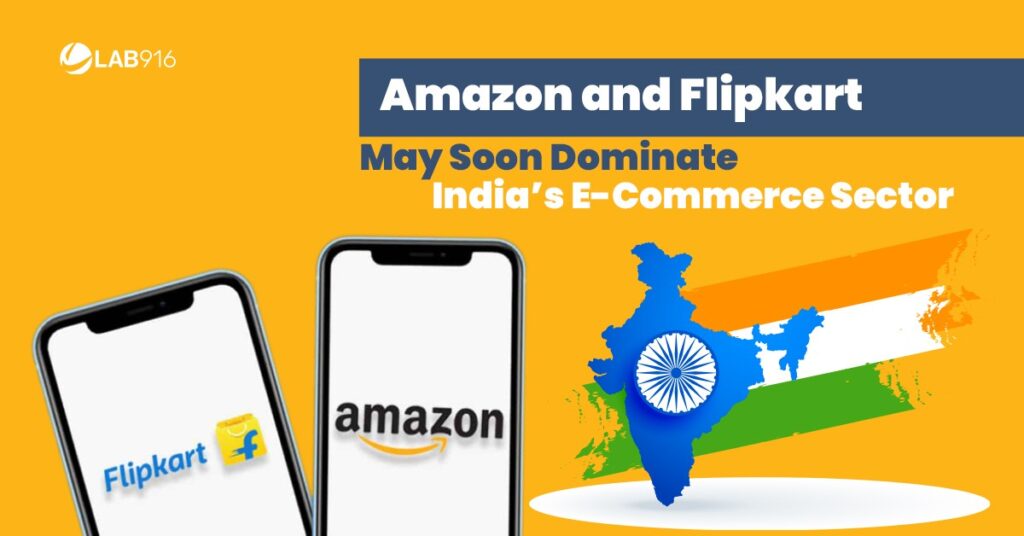Amazon and Walmart have generated a press buzz in India’s business news media in their speculated battle for a majority stake in leading Indian e-commerce platform Flipkart. Similar rumors have surfaced in the past, but this time there is significant reason to believe that an official deal is on the horizon.
Sources report that Walmart has already completed thorough due diligence processes and intends to take a controlling stake of 51 percent or more in Flipkart. The shareholder agreement proposes %10-12 billion for a stake valuing Flipkart at $20 billion.
Amazon has reason for concern: proposing a similar deal would inevitably subject them to close scrutiny from the Competition Commission of India, who would be unlikely to approve of the e-commerce monopoly that Flipkart and Amazon would experience as joined forces.
How did it all get started?
Sachin Bansal and Binny Bansal are two former Amazon employees who founded Flipkart in 2007 as a book reseller, an Amazon for India, before Amazon expanded into the country. In its decade of business, Flipkart has generated well over $6 billion, including an investment of approximately $2.5 billion from SoftBank Vision Fund.
Amazon’s expansion into India marked Flipkart’s first bout of large-scale direct competition. Market share estimates of the two companies are contested, and Flipkart is still generally cited as the leader of the e-commerce sector, but Amazon’s presence is indicative of the projected growth of the Indian online retail market.
What will change from a takeover?
Flipkart will benefit from a deal from either retailer, from both a financial and logistical standpoint. Supply chain management, procurement efficiency, and product assortment would all improve.
Amazon offers a doubling of Flipkart’s market share, as it is estimated that the acquisition would result in 80% control of India’s e-commerce sector.
Walmart hasn’t had a significant presence in the Indian market due to restrictions from the country’s foreign direct investment policy, managing 20 Best Price wholesale stores but barred from direct retail. However, it took a significant step towards expanding its e-commerce holding in 2016, buying Jet.com for $3 billion.
This was also the year of initial talks between Walmart and Flipkart, as Flipkart had begun to lose significant market share to an ever-expanding Amazon presence in India. An acquisition would be Walmart’s largest e-commerce investment yet, and would give both Flipkart and Walmart more edge in the competition against Amazon to be the number one online retailer in India.
A deal with either US-based retailer would act as additional reinforcement of the growth potential of India’s e-commerce sector. If we see an acquisition, it’s highly likely that other international players will consider India as a viable market for future investments.




